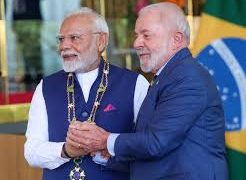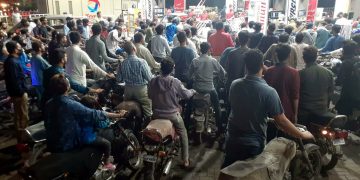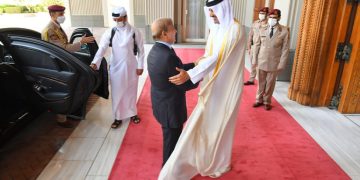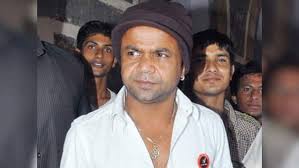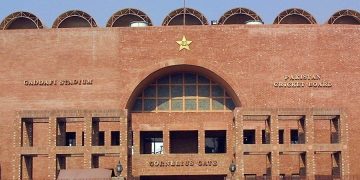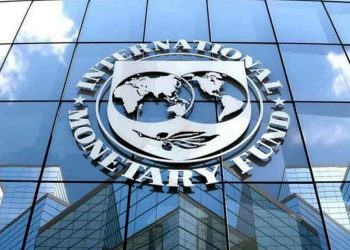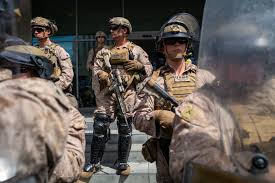Chief Justice Umar Ata Bandial hearing a set of appeals on Friday challenging the Supreme Court (Review of Judgments and Orders) Act, 2023, and the Election Commission of Pakistan’s (ECP) review against the verdict fixing May 14 expressed willingness to address concerns about Article 184(3).
A three-member bench headed by Chief Justice Umar Ata Bandial— Justice Ijaz-ul-Ahsan and Justice Muneeb Akhtar are included in the bench—conducted the hearing.
In the last hearing, the apex court clubbed together pleas against the recently-enacted Supreme Court (Review of Judgments and Orders) Act 2023 with the Election Commission of Pakistan’s (ECP) petition asking the top court to revisit its April 4 order of holding polls to the Punjab Assembly on May 14.
Today’s hearing
At the outset of hearing, Attorney General Usman Awan presented arguments and also sought time in the next hearing to complete his arguments.
During his arguments, the AGP emphasized that the High Court’s decisions could be appealed in various forums, including the intra-court, and eventually to the Supreme Court.
Mr Mansoor highlighted that cases heard under Article 184/3 of the Constitution represented the initial judicial forum, and any appeals against such decisions would be heard by a 5-member bench.
Moreover, he pointed out that the said 5-member bench would include the three judges who had previously rendered the decision.
CJP Bandial expressed his intention to intervene, but Justice Ijazul Hassan urged Awan to continue his arguments. Attorney General Awan further argued that the court was not bound by Order 26, and Article 188 did not impose limitations on the scope of revision.
Drawing upon a curative review case from the Supreme Court of India in 2002, Awan pointed out that the Indian court had allowed a second review to ensure justice.
However, the Chief Justice interjected, clarifying that the Indian court had granted such review under limited authority.
Justice Muneeb Akhtar raised the point that the Indian case referred to by the Attorney General maintained a distinction between revision and appeal.
Awan countered by stating that the Supreme Court of Pakistan could expand its powers under Article 188, allowing direct appeals against decisions of election tribunals and competition tribunals.
Justice Muneeb Akhtar expressed his observation that the Attorney General’s arguments seemed contradictory, emphasizing that revision and appeal were distinct concepts.
He stated that all relevant laws specifically mentioned appeals against decisions, whereas revision retained its jurisdictional significance.
The top judge highlighted the need to pursue complete justice, drawing a parallel to Indian law where cases were reheard during the appeal process. He stressed the importance of resolving the issue while exercising caution, reiterating the court’s commitment not to take any action against Article 184/3.
However, he questioned the basis upon which the revision process should be conducted.
In response, the Attorney General proposed that the larger bench formed for revision should include the judge who had rendered the earlier decision.
CJP Bandial then inquired about the estimated duration for the completion of arguments, to which the Attorney General stated that he would require 45 minutes in the next hearing to conclude his submissions on the scope of revision.
Consequently, Chief Justice Bandial adjourned the further hearing until Monday, as the court sought to make progress on the fundamental question at hand.








